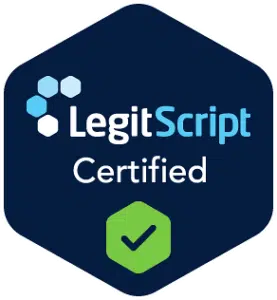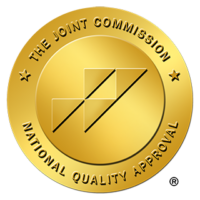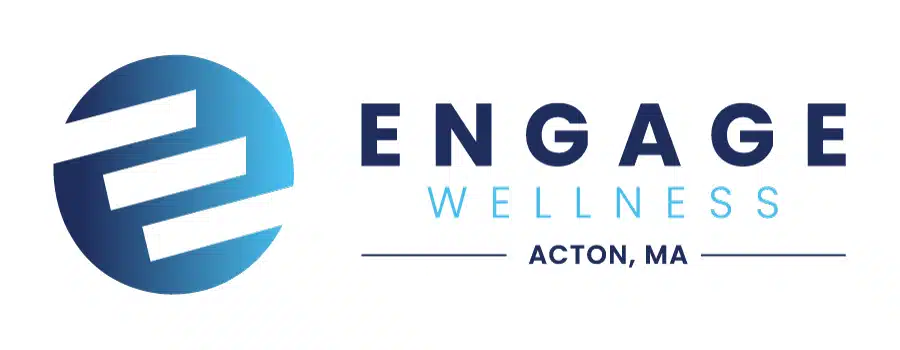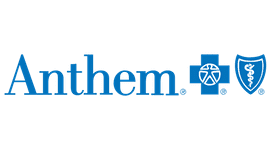Discover Substance Abuse Treatment at Engage
Break free from the grip of substance use and discover the transformative power of compassionate care at Engage Wellness. Your recovery journey is unique, and our personalized substance abuse treatment programs in Massachusetts offer a supportive, evidence-based path to lasting healing. Through expert-led therapy and meaningful connection, you’ll develop essential coping skills, build resilience, and take confident steps toward long-term recovery and personal growth.
What We Treat
At Engage Wellness, our group therapy approach is specifically designed to address a wide spectrum of substance use disorders, targeting the complex challenges of addiction to alcohol, opioids, and other drugs. Our clinically-guided sessions provide targeted interventions for those struggling with specific substance dependencies, offering tailored strategies that address the unique psychological and behavioral patterns associated with each type of addiction.
Recognizing that addiction often coexists with underlying mental health disorders, our dual diagnosis group therapy provides comprehensive treatment for individuals managing concurrent substance use and mental health challenges like depression, anxiety, trauma, and mood disorders, ensuring a more integrated and effective path to recovery.
Our Accreditations and Awards | Your Peace of Mind
Engage Wellness is accredited by The Joint Commission. This organization is the largest healthcare accrediting body in the U.S. and is committed to continuously improving our healthcare system from the inside out. They meticulously evaluate healthcare organizations to ensure safety, efficacy, and transparency for client safety and wellness.
LegitScript specializes in identifying and assessing the business model of mental health and substance use treatment centers. They review all marketing practices, policies, and partnerships to ensure compliance with industry standards. Engage Wellness has demonstrated compliance with certification requirements in all areas of operation, from licensing and staffing to treatment procedures and more.








